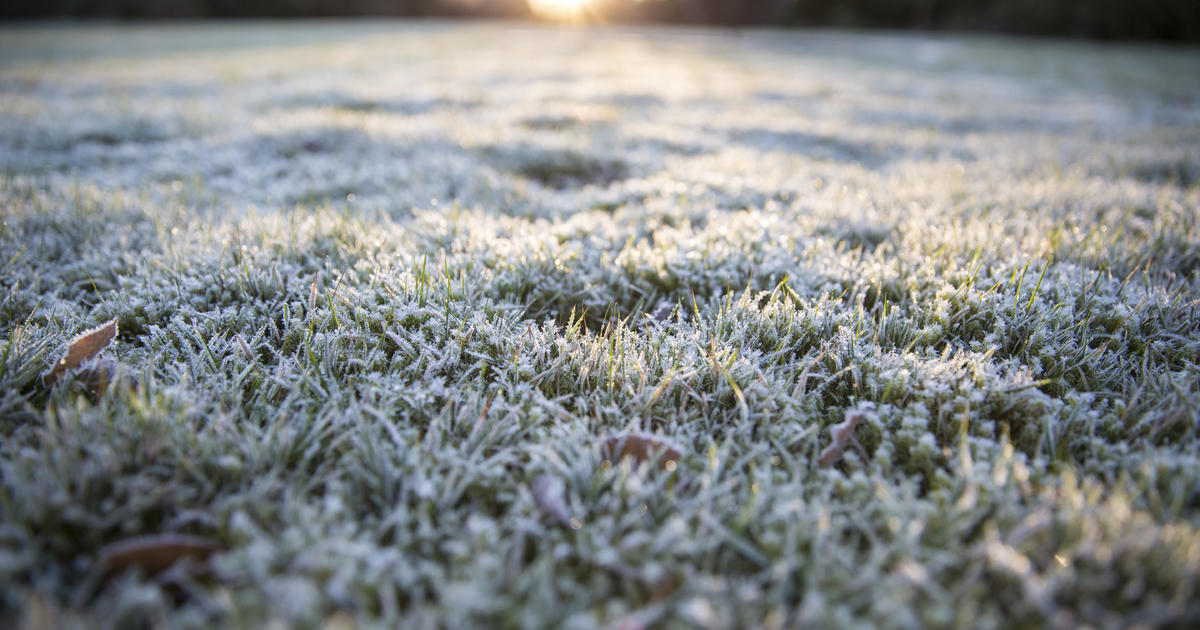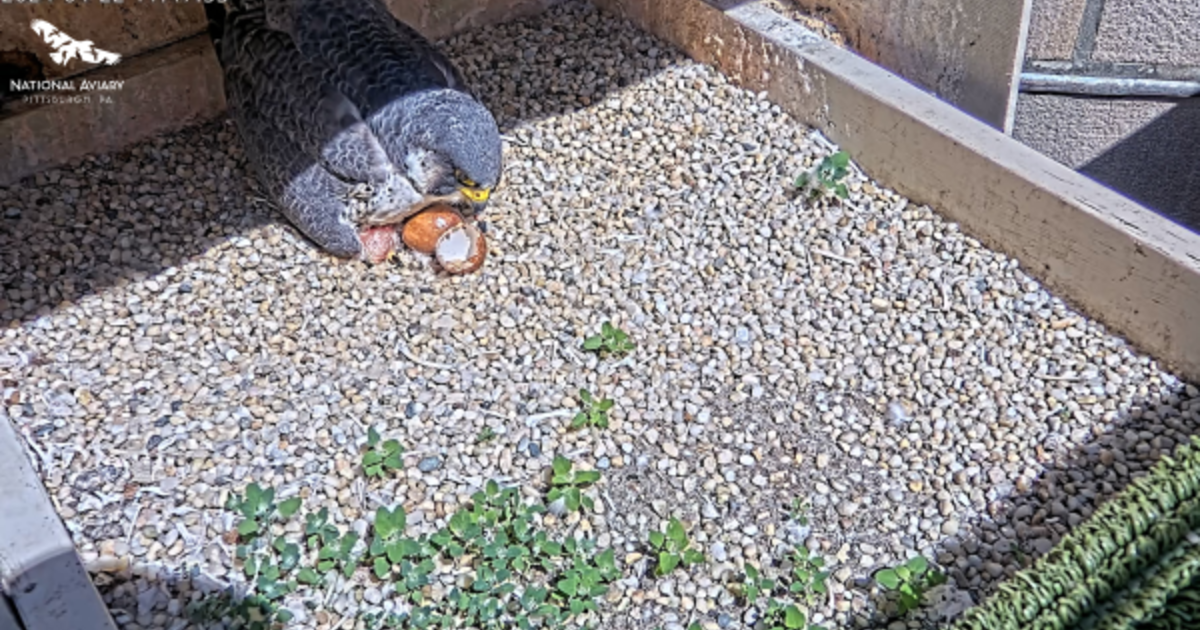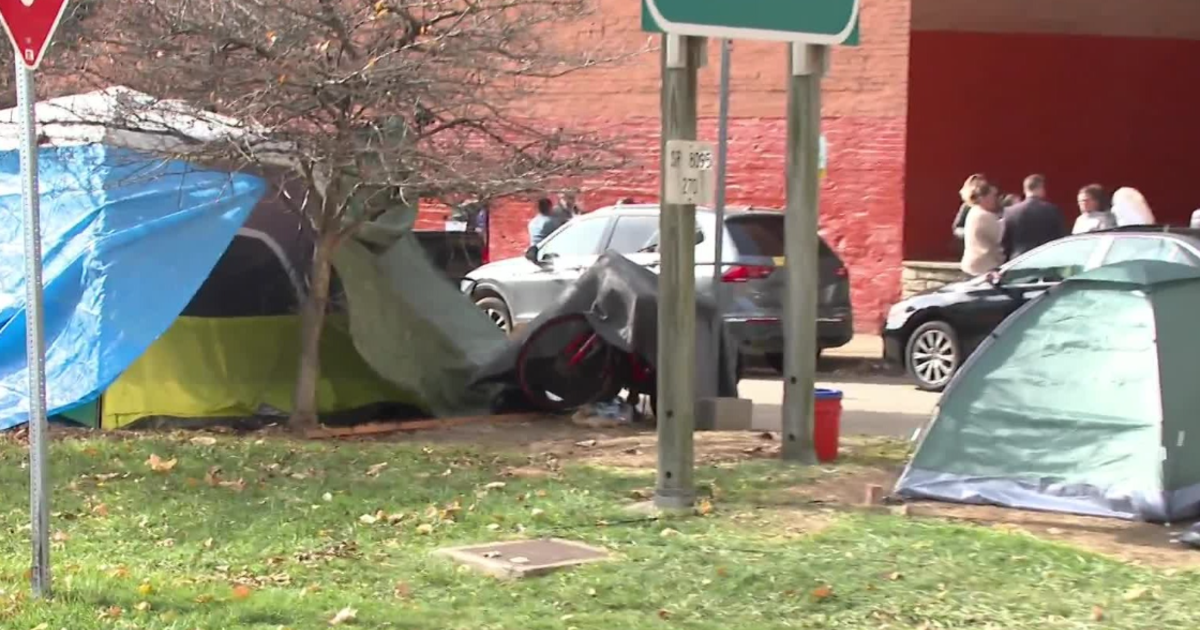'Am I Protected?' Vaccine Concern Grows As COVID Cases Climb Amid Omicron Variant
PITTSBURGH (KDKA) - The COVID numbers keep climbing and it's not just the unvaccinated getting sick.
Understandably, it worries those who have been vaccinated and has them wondering if they really are protected.
CBS Medical Expert and the founder of USC's Ellison Institute for Transformative Medicine Dr. David Agus says the situation would be so much worse if people had not been vaccinated.
"Almost every person in the hospital today with COVID-19 is unvaccinated," Dr. Agus says. "I think the vaccines are working remarkably well, especially with the booster at blocking serious disease, which is we all care about. If you get a cold, so be it and that's what happens. Basically, when you have a booster and you're exposed to the omicron variant, you get mild symptoms if anything, so no hospitalization."
Dr. Agus says relief is on the way.
"There is light at the end of the tunnel, February will be a dramatically better month than January," he says. "So in those next two weeks, please, please, please use caution if you are high-risk, if you live with someone high-risk, or you're unvaccinated."
WATCH: Testing & Isolation
If someone in your home does get COVID, Dr. Agus says they should test and isolate.
"After a positive test, wait five days, and then if you can get an antigen test, two antigen tests in a row you're clear you can go out of isolation," he explains.
Without the test, you should isolate for 10 days.
With home test kits so hard to come by you'll want to be careful about when you use them.
Dr. Neha Vyas from the Cleveland Clinic says only test, "if you yourself have symptoms of COVID-19 or if you have been exposed to somebody who has COVID-19."
She does caution: don't test immediately after exposure.
"Wait approximately three to five days after exposure is the ideal time to test," Dr. Neha Vyas says.
Dr. Agus says to have faith in your vaccination.
"With every variant that has come over two years, they're protecting us from hospitalization and serious ailments, no matter how the virus changed, these vaccines have been ready and working," he says.
Every day Dr. Agus checks the world reports that are filed by scientists on hyper-alert for any change in the COVID virus and there are some new variants out there.
"There's one in France, there are several others but none of them are what we call 'variants of concern,'" Dr. Agus says.



